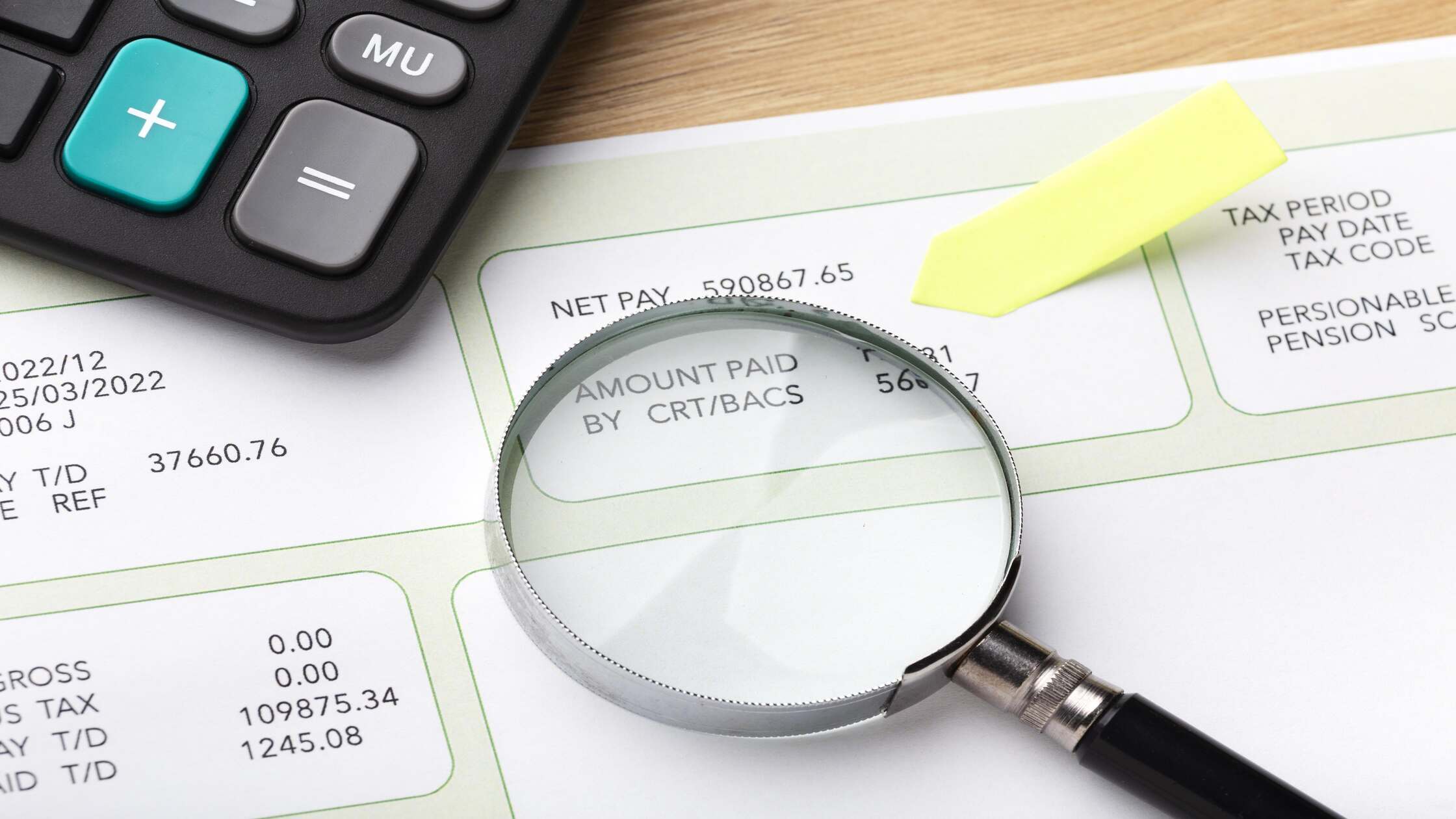
Your credit score can determine whether you get approved for an apartment, how much you pay upfront, and even which rental options are available to you. But what credit score is needed to rent an apartment? While some landlords have strict credit requirements, others consider additional factors like income and rental history. This article is everything you need to know to get approved, no matter where your credit stands!
What Credit Score Is Needed to Rent an Apartment?

A credit score plays a key role in securing an apartment. While there’s no universal minimum, most landlords and property managers prefer a score of at least 620-650. Some accept lower scores, especially for private rentals, while high-end apartments may require 700 or above.
Landlords use credit score for apartment approval to assess financial responsibility, but other factors like income, rental history, and references also influence decisions.
Minimum Credit Score Requirements for Different Apartments
Credit score for apartment approval expectations depends on the type of apartment and the landlord’s policies:
- Luxury or Corporate-Managed Apartments (650-700+): These apartments often have stricter requirements since they cater to tenants with stable financial backgrounds. A higher score helps secure a lease without needing extra deposits or a co-signer.
- Privately Owned Apartments (600-650): Private landlords set their own approval criteria. A strong income and positive rental history can outweigh a lower credit score.
- Low-Income or Subsidized Housing (No Set Minimum, Typically 580+): Government-assisted or income-restricted apartments often focus on rental history and income stability rather than credit score for apartment approval alone.
Why Do Landlords Check Credit Scores?
Landlords check credit scores to evaluate a potential tenant's financial responsibility and likelihood of paying rent on time, as renting out a property involves financial risk.
A history of late or missed payments can signal a higher risk to landlords, making tenants with a record of on-time payments more likely to be approved for a lease without additional conditions. Also, credit scores reflect financial responsibility; tenants with high levels of outstanding debt relative to their income may raise concerns regarding their ability to afford rent, indicating potential financial strain.
Furthermore, a higher credit score can lead to better lease terms, such as lower security deposits or more flexible payment options. In contrast, tenants with lower credit scores might face larger deposits, the need for a co-signer, or be required to provide further proof of income to secure a lease.
What Credit Score Do Corporate-Run Apartment Complexes Look For?

Corporate-run apartment complexes follow strict approval guidelines focused on financial reliability. Applicants generally need a minimum credit score of 650 to 700, consistent income of at least three times the rent, and no major delinquencies, evictions, or unpaid rental debts to qualify for renting.
How Apartment Complexes Evaluate Credit Scores
Large apartment complexes go beyond just the credit score for apartment approval itself. Leasing offices assess multiple factors, including:
- Payment History – Late payments, collections, or defaults raise red flags.
- Outstanding Debt – A high debt load can signal financial strain.
- Rental History – Past evictions or unpaid rent can lead to automatic denial.
- Credit Mix – A balance of credit cards, loans, and positive accounts strengthens an application.
Many corporate landlords use automated screening systems, which classify applicants into approved, denied, or conditional categories. Others manually review applications, allowing for flexibility when an applicant has strong financial stability despite a lower score.
Why Apartment Credit Requirements Vary
Some apartments require 700+ credit scores, while others accept 580 or lower. The difference comes down to landlord policies and risk tolerance.
Key factors influencing requirements:
- Property Type – High-end apartments enforce stricter standards, while private landlords set flexible rules.
- Market Demand – In competitive rental markets, landlords can afford to set higher credit expectations.
- Financial Risk Tolerance – Some landlords prioritize steady income and references over credit scores.
- Company Policies – Corporate landlords apply standardized credit checks, while independent landlords assess applications individually.
Can You Rent an Apartment with Bad Credit?
Yes, renting an apartment with bad credit is possible, but it can be more challenging. Landlords typically use credit scores to assess financial reliability, so a low score may raise concerns about payment habits.
7 Ways to Get Approved with a Low Credit Score

A low credit score for apartment approval doesn’t have to be a dealbreaker. Let’s find out the best ways to rent an apartment:
- Offer a Higher Security Deposit: A larger deposit reassures landlords that you can cover potential missed payments or damages. Some may accept a low-credit tenant if they pay two to three months' rent upfront.
- Provide Proof of Stable Income: If your credit score is low but your income is stable and sufficient, show pay stubs, tax returns, or an offer letter. Landlords typically want income that’s at least 3x the rent.
- Use a Co-Signer or Guarantor: A co-signer with good credit agrees to take responsibility if you default on rent. Some landlords also accept rent guarantee services, which act as third-party co-signers.
- Show Positive Rental History: If you have a track record of on-time rent payments, request a reference letter from previous landlords to prove you’re a responsible tenant.
- Find a Private Landlord: Large apartment complexes have strict credit policies, but individual landlords may be more flexible, focusing on income and references rather than credit scores.
- Offer Automatic Rent Payments: Suggest setting up auto-pay or direct bank transfers to reassure landlords that rent will be paid on time.
- Write a Renter’s Letter of Explanation: In case your low credit score is due to past financial hardship (such as medical bills or divorce), explain the situation in a personal letter and highlight how your finances have improved.
How to Fix a Low Credit Score Before Renting
If you have some time before applying for an apartment, consider taking steps to increase your chances of approval and secure better lease terms by boosting your credit score.
One effective way to do this is by paying down outstanding debt, as lowering your credit card balances can quickly enhance your score and improve your debt-to-income ratio. In addition, making on-time payments is crucial; since your payment history constitutes 35% of your credit score, consistently ensuring that your bills are paid punctually can have a significant positive impact.
It's also wise to avoid new hard inquiries, as multiple credit applications within a short timeframe can temporarily lower your score. Even small improvements in your credit score can make a substantial difference when applying for an apartment.
Do You Need Credit to Rent an Apartment?
While having a credit history makes renting easier, it’s not always required. Some landlords and property managers are willing to rent to tenants without a credit score, especially if they can provide alternative proof of financial reliability.
However, corporate-run apartment complexes often require credit checks, so renters without credit may need to seek private landlords or explore alternative approval methods.
How to Rent Without a Credit Score?
A steady income is one of the strongest ways to reassure landlords. Providing recent pay stubs, bank statements, or an employment verification letter can prove you can afford rent. Trying to pay two or three months’ rent upfront shows financial commitment and reduces the landlord’s risk (if possible).
If you need a second option, finding no-credit-check apartments can also be a good choice. Some private landlords focus more on income and rental history rather than credit scores. Searching for independent property owners instead of large apartment complexes may increase your chances of approval. In some cases, landlords may be open to alternative payment arrangements, such as prepaid rent, automatic payments, or a shorter lease term.
Alternative Tenant Screening Methods Landlords Use
Some landlords use additional screening methods to evaluate potential tenants beyond just credit scores:
- Background Checks – Some landlords check for evictions, bankruptcies, or criminal records.
- Income Verification – Pay stubs, tax returns, or bank statements prove financial stability.
- Rental History Reports – Past on-time rent payments and positive landlord references help build trust
- Employment History – A stable job reassures landlords of long-term financial security.
Does Applying for an Apartment Affect Your Credit Score?
Yes, applying for an apartment can affect your credit score, depending on the type of credit inquiry performed during the application process.
Hard vs. Soft Credit Inquiries
Most corporate-run apartments perform hard inquiries, while private landlords may use soft inquiries or skip credit checks entirely.
How to Avoid Unnecessary Credit Inquiries When Renting
Being proactive about credit inquiries helps protect your credit score. First, ask the landlord about their screening process to find out if they do a hard or soft inquiry before you apply. Limit your applications to apartments you are likely to qualify for to avoid multiple hard inquiries. You can also offer a copy of your recent credit report, which should be less than 30 days old, to landlords to avoid multiple pulls. Finally, some landlords may skip credit checks if you have a strong co-signer or if you offer a larger deposit.
Common Mistakes Renters Make with Credit Checks
Many renters unknowingly make credit-related mistakes that can hurt their chances of getting approved.
- Applying for too many apartments at once: Each time a landlord or property management company performs a hard credit check, it can slightly lower your credit score. If multiple landlords check your credit within a short period, it could signal financial instability to future landlords. Instead, research apartment requirements beforehand and apply only to places where you meet the credit criteria.
- Not checking your credit report before applying: Many renters assume their credit score is fine until they face rejection. Reviewing your credit report ahead of time allows you to catch any errors, such as incorrect late payments or accounts that don’t belong to you. Since credit reports are available for free once a year from sites like AnnualCreditReport.com, it’s a good habit to check for inaccuracies before submitting rental applications.
- Address past due balances: If you have unpaid bills, collections, or past-due credit card payments, landlords may see you as a high-risk tenant. Paying off old debts or setting up payment plans before applying can improve your chances of approval.
Final Words
In conclusion, knowing what credit score is needed to rent an apartment can help you plan ahead and avoid any surprises during the application process. For further guidance on navigating leases and managing rental agreements, LeaseRunner offers tools that can make the process simpler and more streamlined for both renters and landlords.
FAQs
Q1: What credit score do apartment complexes look for?
Apartment complexes typically look for a credit score of at least 620 to 650, though this can vary depending on the landlord or property management company. Some may accept a lower score with a higher security deposit or a co-signer, while others may require higher scores for premium properties.
Q2: What's a good credit score for an apartment?
A good credit score for renting an apartment generally falls between 700 and 750. With a score in this range, you are more likely to qualify for favorable lease terms, lower deposits, and quicker approval.
Q3: Does applying for an apartment affect your credit?
Yes, applying for an apartment can affect your credit score. Most landlords perform a hard inquiry when checking your credit, which may cause a small, temporary drop in your score.




